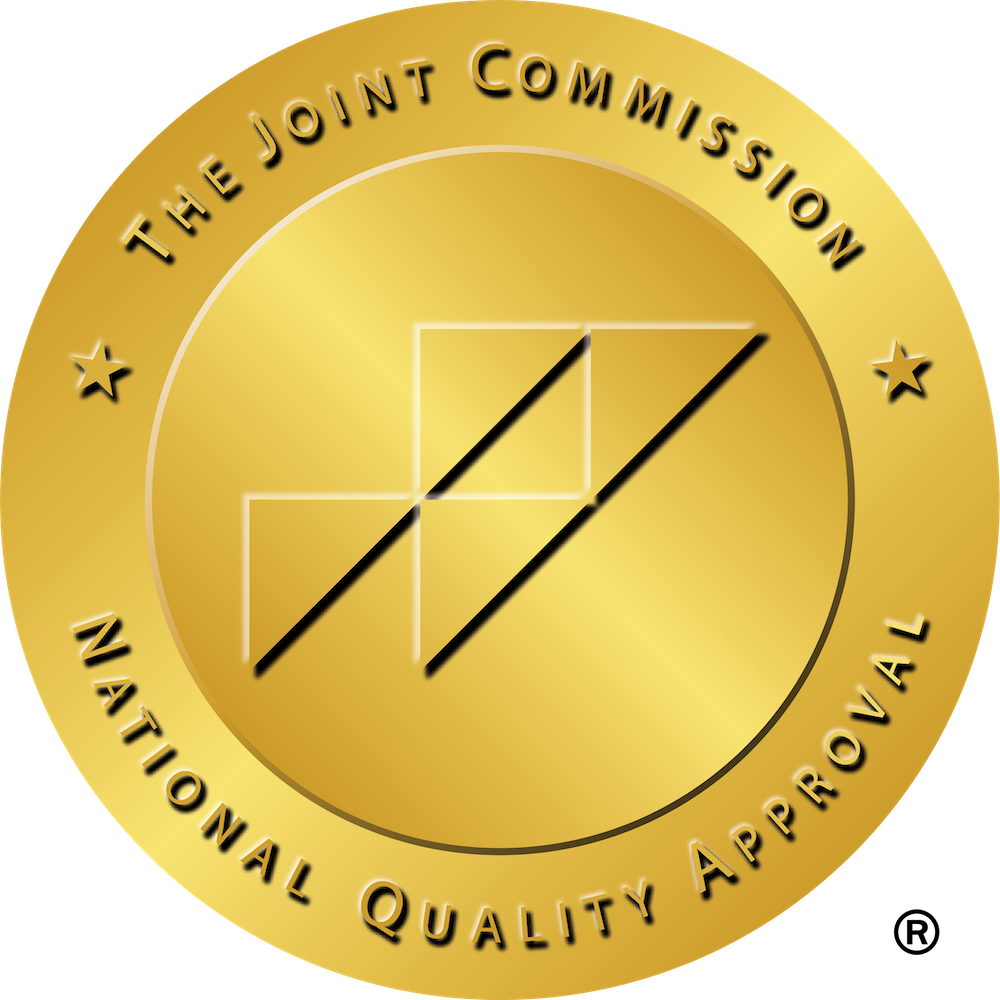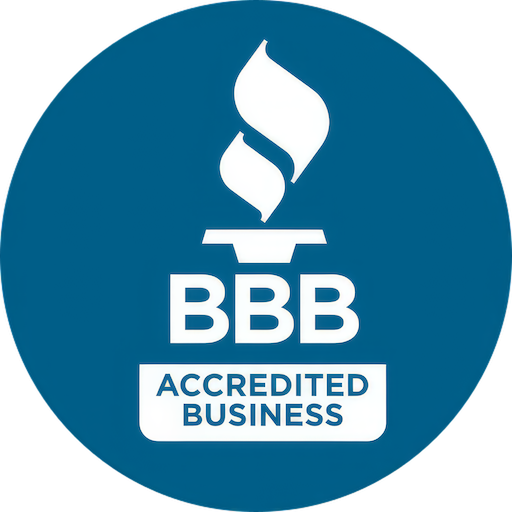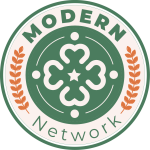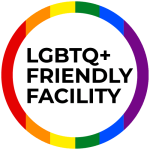We Accept Insurance
Small group size ensures individualized attention
Comprehensive transition and aftercare planning
Expert support for emotional and behavioral challenges




Avery’s House: A better alternative to Group Homes
Finding the right treatment for a troubled teen can be overwhelming. At Avery’s House in Phoenix, we offer a specialized alternative to traditional group homes. Our residential treatment center is designed to meet the unique needs of teens, providing top-notch care in a nurturing environment. With a team of experienced therapists, counselors, and support staff, we deliver the highest level of care and support.
What is a group home?
A teen group home is a residential care facility designed to provide a supervised and communal living environment for a small number of teenagers. Residents are encouraged to forge meaningful connections and develop crucial life skills.
Group homes are for teens who can’t currently live with their families but require considerable care and support.
These facilities aim to recreate a family atmosphere, giving teens care and guidance similar to that they would receive in a traditional home.
Group homes can be state-operated or privately owned and may house only boys, only girls, or both sexes. Quality of care differs widely across facilities, whether state-run or privately managed.
Limitations of group homes for teens in Phoenix
- Insufficient specialized care: Group homes often provide basic care but lack the resources and expertise needed for significant mental health or behavioral issues.
- Limited individual attention: Traditional group homes, often understaffed, struggle to offer the personalized attention troubled teens require.
- Inadequate educational support: Academic assistance in many group homes is minimal, potentially causing learning gaps and academic setbacks.
- Basic life skills training: While group homes teach fundamental life skills, they may not sufficiently prepare troubled teens for successful independent living.
Awareness of these limitations is vital when seeking appropriate treatment for your troubled teen. As you explore your options, consider how group home alternatives like Avery’s House provide a solution more tailored to your child’s needs.
Our adolescent treatment center might be a good fit if your child…
- Requires one-on-one attention from therapists and clinicians to facilitate in-depth exploration of complex issues
- Recently completed a psychiatric stabilization program in a hospital or other inpatient setting
- Tried outpatient options, such as partial hospitalization programs (PHPs) or intensive outpatient programs (IOPs), but needs additional support
- Needs to disconnect from their current home, school, and/or social life to fully focus on recovery
Residential treatment centers
When comparing traditional teen group homes to residential treatment centers, the key difference lies in specialized care. Group homes provide basic needs like shelter and food but often lack the resources to address complex behavioral, emotional, and mental health issues that many troubled teens face.

Specialized Therapeutic Services
Residential treatment centers use various treatment modalities, including individual, group, and family counseling, to address mental health challenges.

Tailored Treatment Programs
Unlike one-size-fits-all approaches, residential treatment facilities tailor treatment programs to each resident’s unique needs.

Robust Educational Support
Residential treatment facilities often offer robust educational support, ensuring that teens don’t fall behind academically while in treatment.
Not sure if Avery’s House is the right fit for your teen?
Making the right choice for your teen’s growth isn’t easy, and it’s natural to feel uncertain. You want them to get their support, but you’re wondering if Avery’s House is the right fit. That’s why we offer a free consultation to help you explore how we can support your teen and give you the confidence to move forward.
Here’s what you can talk about during the consultation:
- 🗣️ Share your concerns: We’ll listen closely to understand your teen’s needs and discuss the best way forward.
- 🔍 Learn about our approach: We’ll explain how our personalized program can support your teen’s unique journey.
- ✅ Leave with clear next steps: No matter your decision, you’ll walk away knowing how to support your teen best.
Whether you choose to work with us or not, you leave the free consultation with valuable information to support your teen’s mental health.
Speak to a teen counselorOur homes for troubled youth in Phoenix
Avery’s House has two residential treatment facilities conveniently located in Maricopa County, Arizona. Our homes in Apache Junction and Fountain Hills offer easy access for residents of Phoenix and surrounding areas and deliver comprehensive care in welcoming and serene environments designed for healing and personal growth.
Therapeutic services included
We recognize the importance of ensuring teens maintain academic progress and social connections during treatment. That’s why we offer various services that support each adolescent’s school and social responsibilities.
While treatment plans are customized according to each teen’s needs and goals, the following are some of the services we offer:
- Individual therapy sessions
- Case management
- Experiential therapies
- Dialectical behavior therapy (DBT)
- Cognitive behavioral therapy (CBT)
- Art and music therapy
- Community-based activities
- Family therapy
- Trauma-informed care
- LGBTQ allyship
Want to learn more about the services we offer?
We accept insurance
Looking at facilities for troubled youth in Phoenix and worried about how you’ll pay for treatment? If so, worry no longer. We work with most major insurance providers to help minimize out-of-pocket expenses. Check whether your provider will cover treatment by clicking the button to the right.